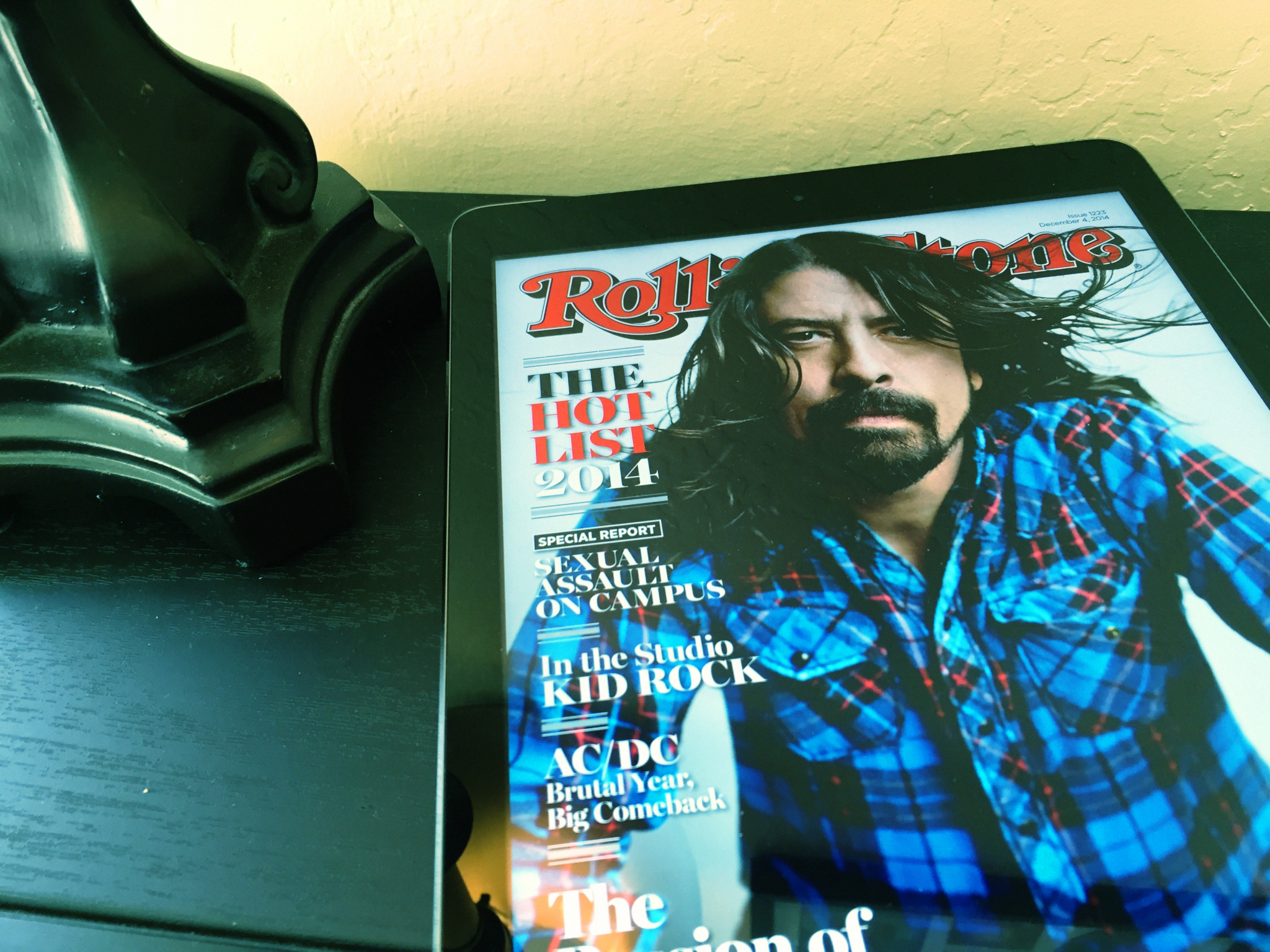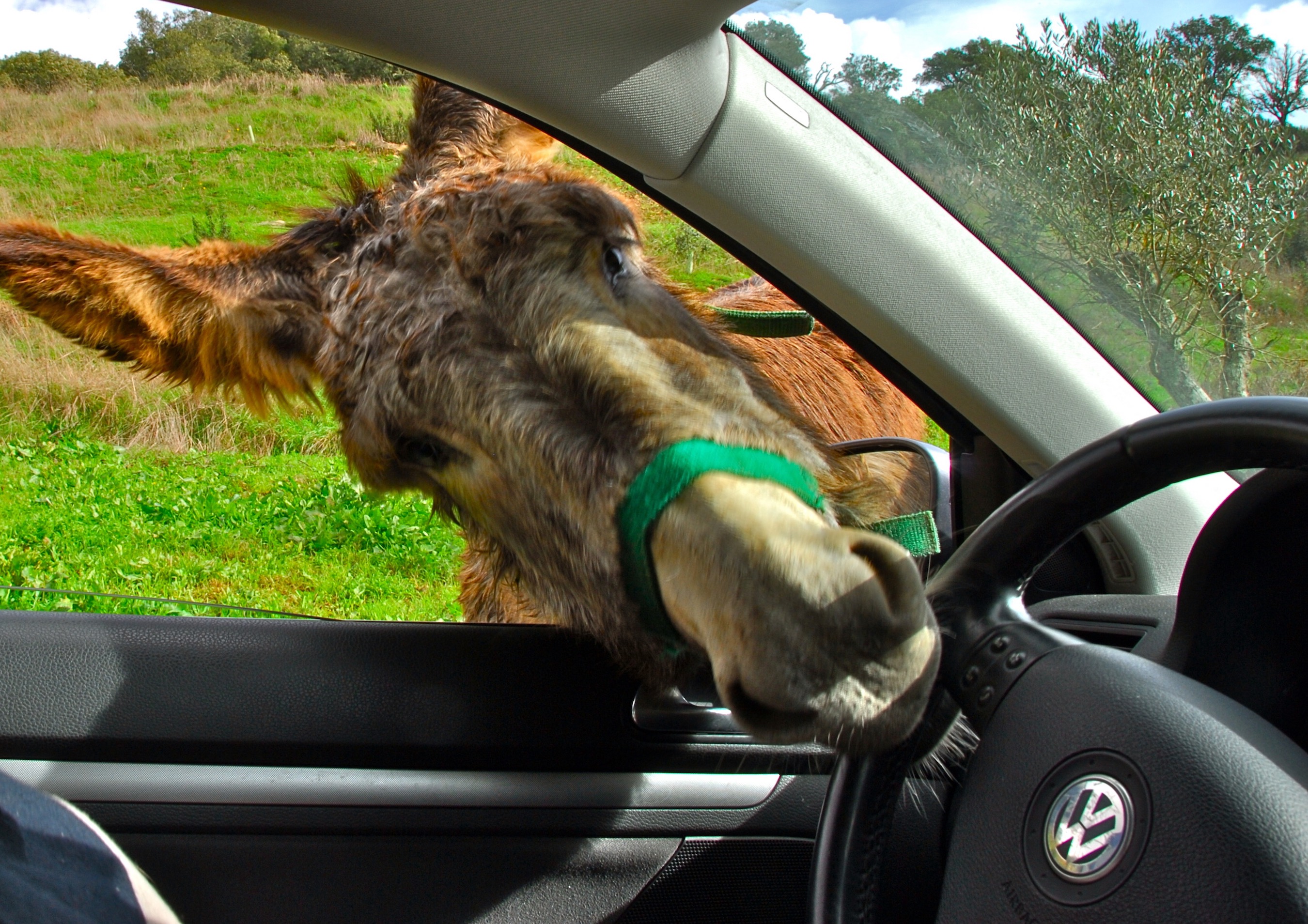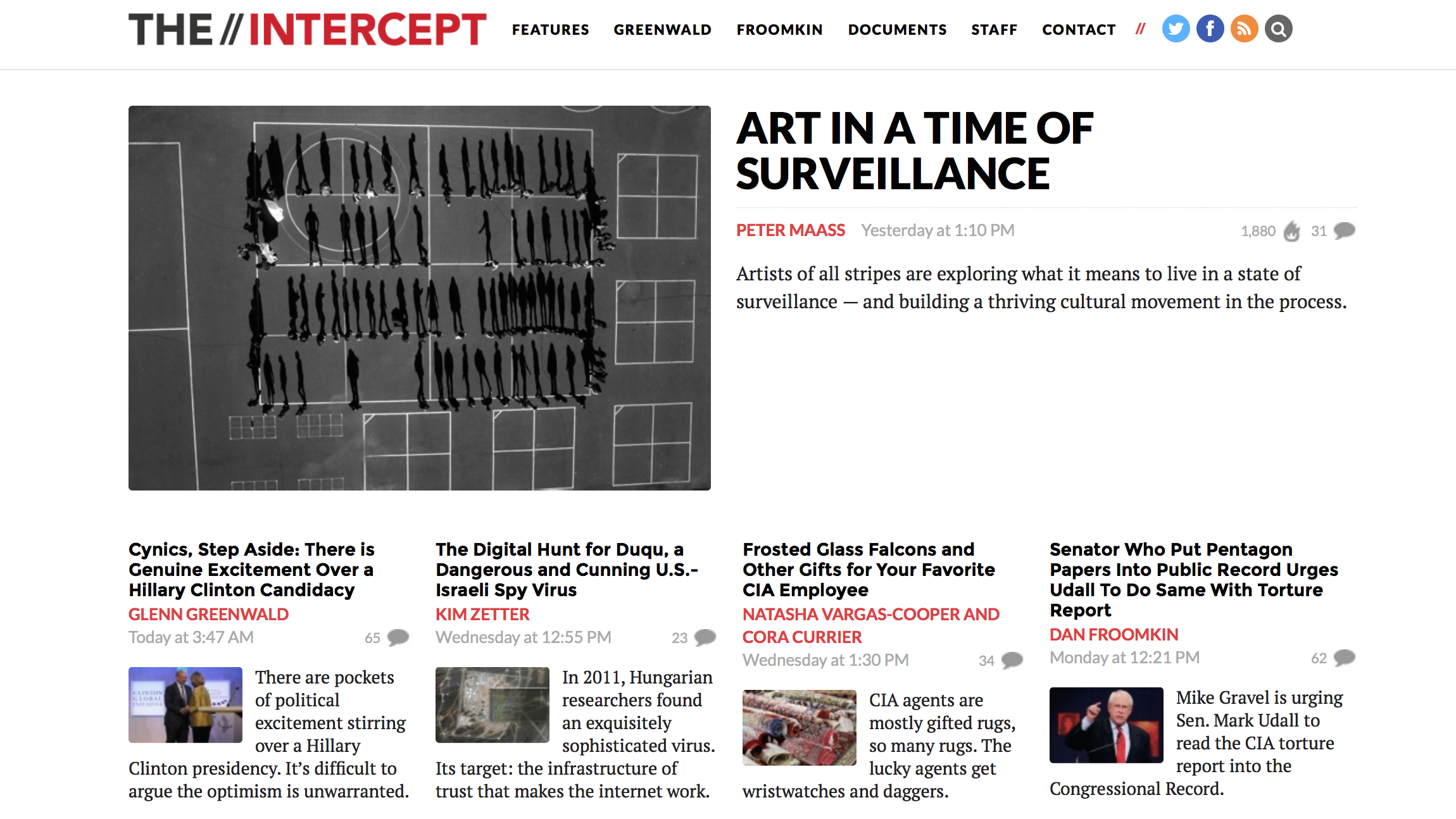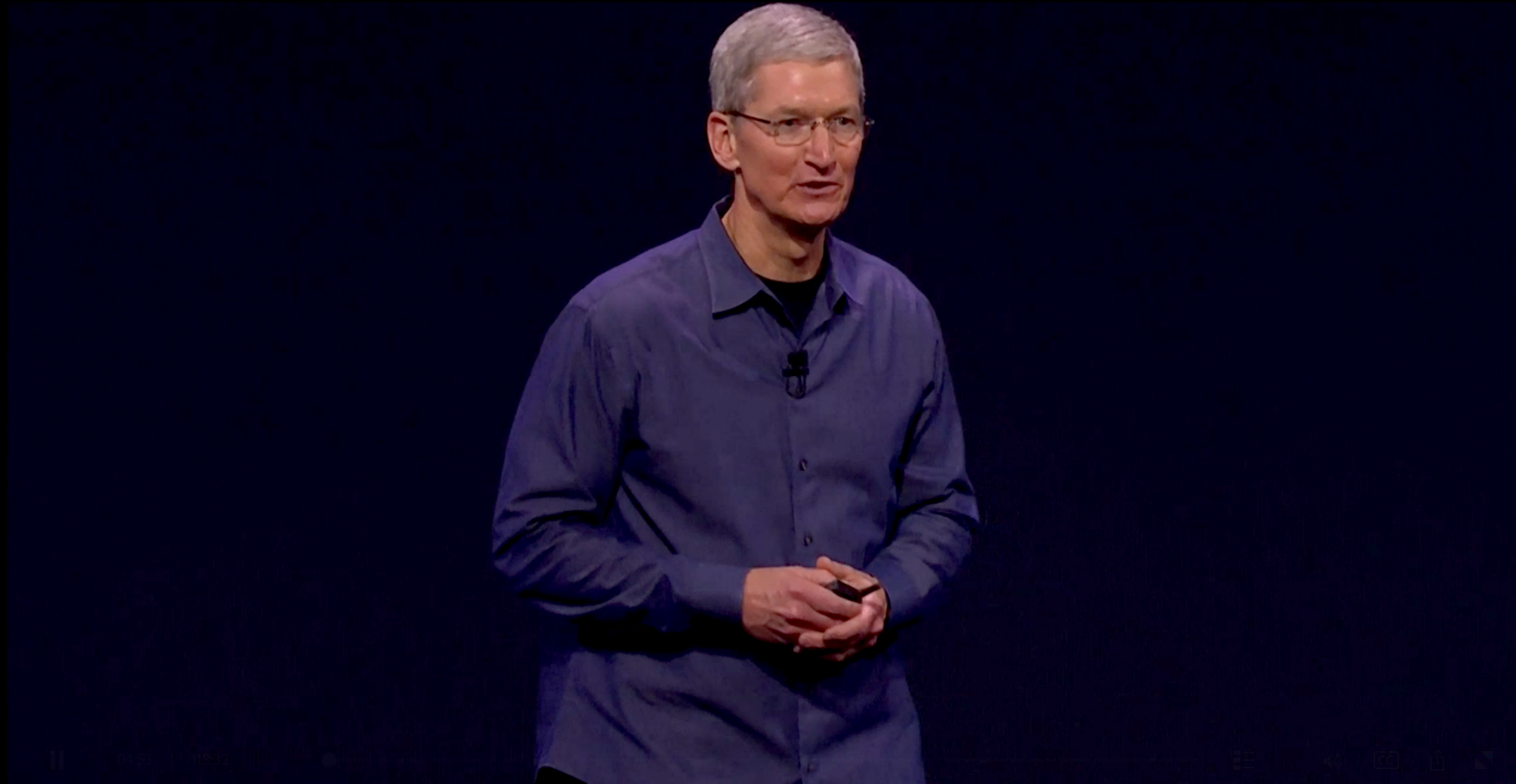Editor’s Note: Dateline April 5, 2015, Rolling Stone retracted story “A Rape on Campus” when publishing a forensic analysis prepared by Columbia School of Journalism. Please see my follow-up post.
I subscribe to five magazines: Entertainment Weekly and Vanity Fair (print and digital) and Economist, New Yorker, and Rolling Stone (digital only). EW is cheap (as little as $10 a year), while the business weekly offers news analysis I mostly trust. New Yorker is for culture and the occasionally exceptional long-form feature. The other two deliver some of the best investigative journalism available anywhere. Today, I defend one of them, but also criticize its archaic news reporting methods.
Over the past few weeks, Washington Post leads blasting criticism against RS for story “A Rape on Campus: A Brutal Assault and Struggle for Justice at UVA“, which appears in issue 1223, Dec. 4, 2014. Online the dateline is November 19. The furor over the investigative report’s credibility is, ironically given the headline, a rape on Rolling Stone‘s credibility—and makes me just want to puke for the outrageous, holier-than-thou repudiation that should be pointed elsewhere. Mountains of irresponsibly-reported online news stories overshadow the amount of trustworthy content, yet the Post and other media outlets choose to gang-bang a magazine with standards for accuracy and accountability but also advocacy. The misdirected, and sometimes self-serving, attacks are shameful for their shamelessness.











